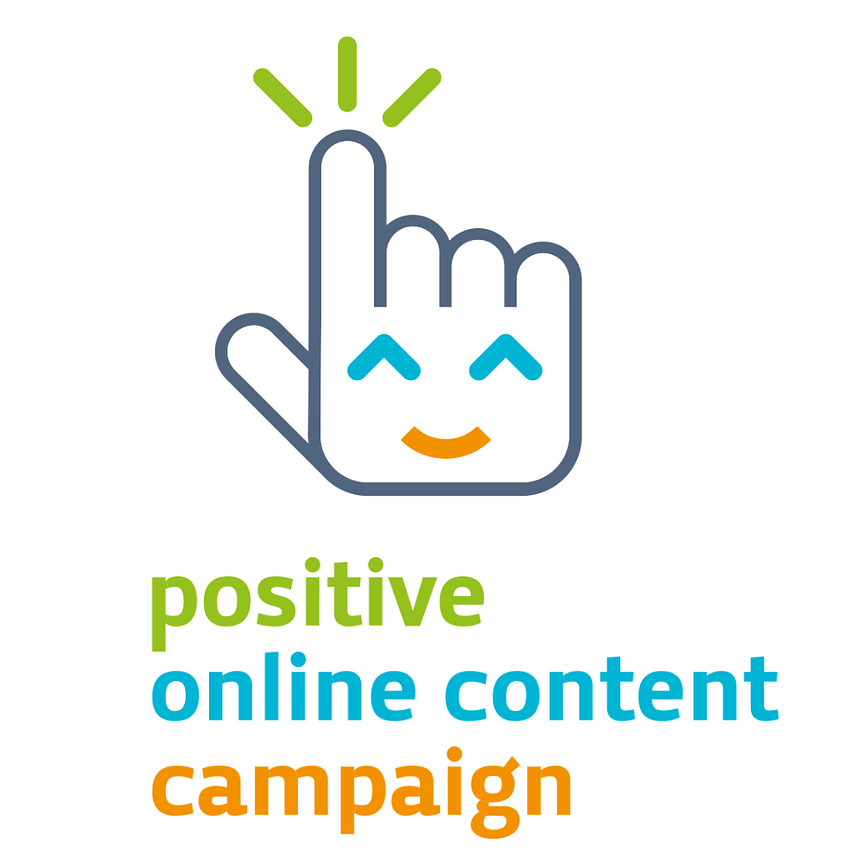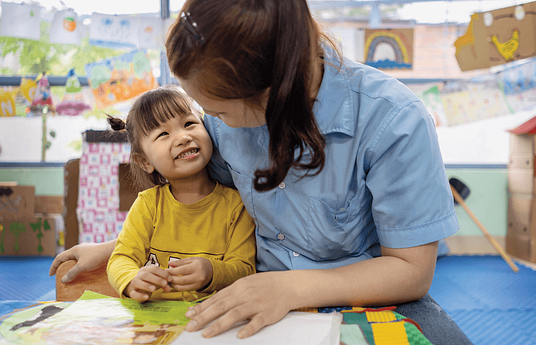Children nowadays can have a digital footprint even before they are born, so it comes as no surprise that they interact with screens, technology and online content from increasingly young ages. Given the prevailing presence of modern technology in young children’s lives, it is only normal that the content they are presented with and offered be of the highest quality possible so that they may grow up into well rounded, well-informed citizens.
Hence the importance of positive online content for children aged between 0 and 12 years old, which is brought into a spotlight thanks to the second edition of the Positive Online Content Campaign (POCC) organised by the Better Internet for Kids Coordination Team, the Insafe network of Safer Internet Centres and several former POSCON (Positive Online Content and Services for Children in Europe) thematic network.
The aim of the campaign is to raise awareness about the importance of positive online content for children, to foster a discussion with youth, parents, teachers to make them aware about the state of positive online content for children in their country and to encourage a discussion with industry and content producers and providers to encourage the production of more positive online content for children.
In order to ensure coherence in the approach to positive online content, the POC Checklist used in the previous edition of the campaign has been reviewed and updated in order to reflect any developments in the field and to take into account any new technologies which have now been integrated into children’s content.
The aim is that content providers use the checklist when developing new content and services to ensure that their products are fit for purpose, and take measures to ensure that children can go online free from risk, whether in terms of content, contact, conduct, or commercial considerations.
Parents, carers and educators can also benefit from the tool by being better aware of the features they should look out for when choosing online experiences for younger children.



